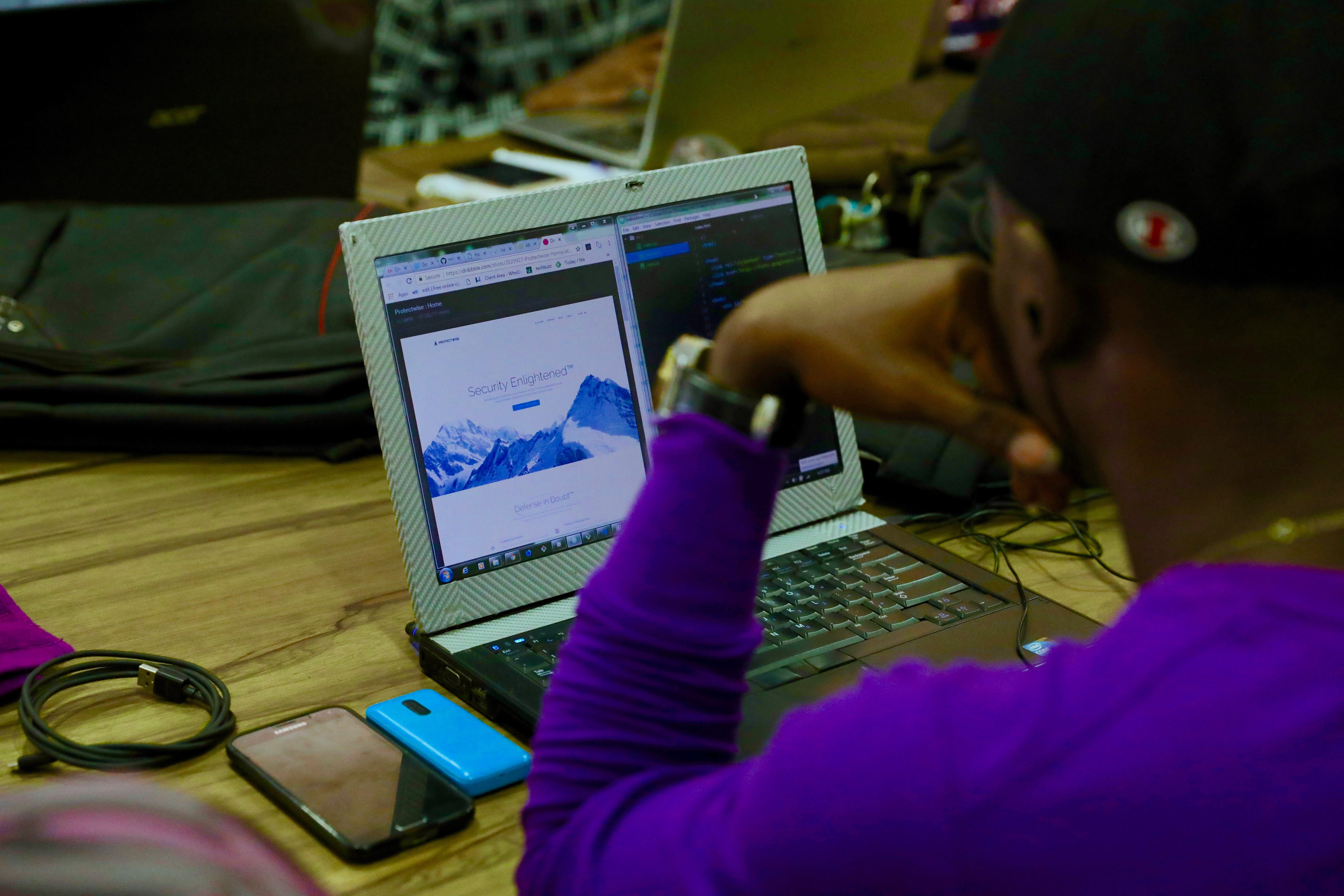The crackdown on internet fraudsters by the Nigerian government is in the news again after the controversy surrounding the prosecution of singer, Afeez Fashola (also known as Naira Marley) by the Economic and Financial Crimes Commission (EFCC). Fashola is facing federal charges for his alleged involvement in cyber crimes and money laundering. This case, however, seems to have finally brought afore the serious shortcomings in the Nigerian judicial system.
Internet fraud is a criminal offense as provided in the 2015 Cybercrime Act. It destroys the life of victims and their families. There should be no sympathy whatsoever for anyone found guilty of perpetrating such selfish crime. But in the case of Fashola, though, he has yet to be pronounced guilty of the charges levied against him, yet he is treated as if it is otherwise—just like most people caught in the country’s appalling judicial system.
That Nigeria loses a lot of money through internet fraud is not news but the figure of over N127 billion as annual loss given by the Minister of Communications is staggering. Most of the frauds are said to be perpetrated via foreign internet domain names being patronized by over 93 million internet users in Nigeria. -TVC Nigeria
The other problem, though, is that this case has drawn global attention and has yet again put the country’s image on the negative side of the news. Whereas, things can be handled more carefully without further dragging the country’s name through the mud.
Of course, internet fraud is a serious crime and it gradually becoming another major subject of insecurity across the southwest region of the country. They do not only hack websites and personal social media accounts but defraud innocent people of their life savings. Although this is bad, it is not the country’s primary problem.
Corruption is the Bigger problem
The biggest challenge confronting Nigeria—arguably besides insecurity—is corruption. It has triggered higher poverty and unemployment and significantly contributed to the surge in internet fraud. The desperation for survival for many of Nigerian youths is tough. Most are unemployed and can barely afford to feed themselves. The misappropriation of public funds that could have created jobs and other economic opportunities by corrupt politicians is the real problem here.
In Transparency International’s 2018 Corruption Perception Index, Nigeria ranked 144th out of the 180 countries. The report corroborates the fact that the public sector breeds high-leveled misappropriation of resources, procurement breaches, and other fraudulent acts. As such, it will be hypocritical of the EFCC and the State Security Service to isolate internet fraudsters from financial fraudsters in the government.
This misplacement of priorities by the law enforcement agencies has strong;y contributed to why Nigeria is categorized as the world’s poverty capital.
The increasing rate of unemployment and underemployment among more than 50 percent of the entire population, is one reason the country is poverty-ridden. As a result, many resorts to internet fraud for financial survival.
Moving Forward
The Nigerian government must not only fairly fight corruption, but it must also focus on job creation.
Despite the implementation of welfare schemes like Trader Moni and N-Power, the unemployment and poverty rates in the country have barely dropped. This clearly proves that the government does not have the capacity to either employ every unemployed youth or significantly alleviate poverty on its own. Whereas, entrepreneurs can help.
The Nigerian government only need to involve the private sector—including foreign and local investors—by making the business environment conducive enough. This can be achieved through tax reductions, limiting state regulation and enforcing contracts fairly.
Nigerians youths are hardworking and resilient. This is a better strategy to get as many of them employed as possible, which should shrink interests in internet fraud.
Gabriel Ogunjobi is a journalist and editorial intern at African Liberty. He is passionate about governance and human rights. He can be reached on Twitter @GabrielOgunjob2.

